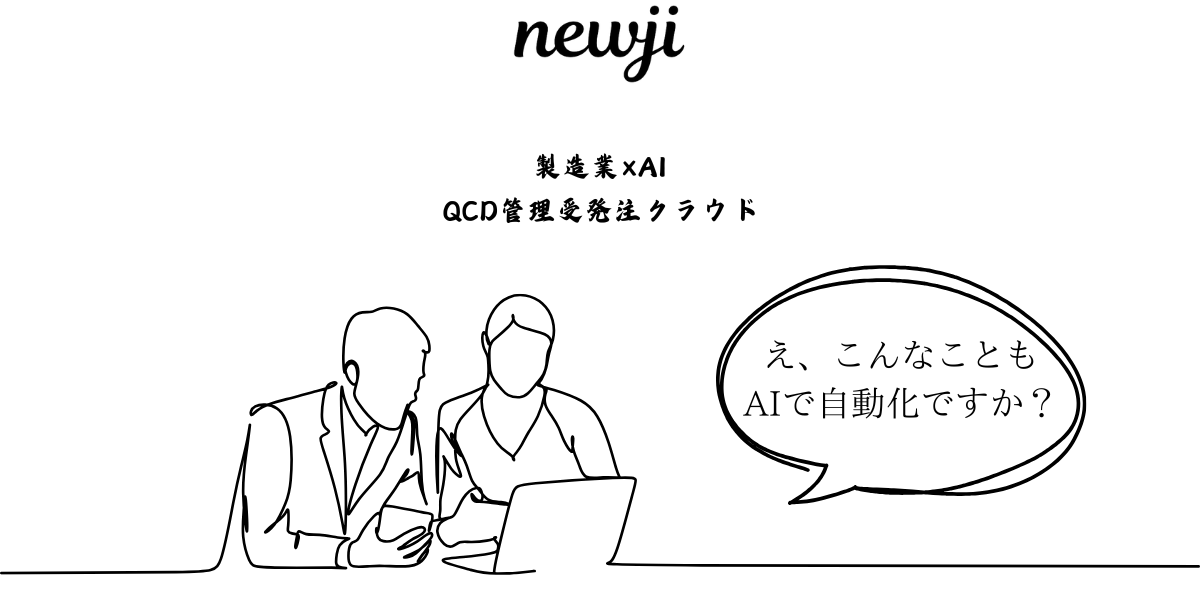- お役立ち記事
- The difference between Cost Accounting and Cost Management

The difference between Cost Accounting and Cost Management

Understanding the concepts of cost accounting and cost management is crucial for businesses aiming for financial efficiency. While both are closely related and often work hand-in-hand, they serve distinct purposes and offer unique insights into an organization’s financial health. This article explores the differences between cost accounting and cost management, helping you to understand how each can benefit your business.
目次
What is Cost Accounting?
Cost accounting involves the process of recording, analyzing, and summarizing all costs associated with the production and sale of goods or services. It plays a crucial role in budgeting and setting product prices.
Core Activities of Cost Accounting
The main activities in cost accounting include identifying cost components, recording expenditures, and classifying costs.
This helps in understanding where a company’s money is spent.
Cost accounting also involves comparing budgeted costs to actual costs and reporting any discrepancies.
Importance of Cost Accounting
Cost accounting provides valuable insights into an organization’s cost structure.
It helps in identifying areas where expenses can be minimized, and efficiency can be improved.
This form of accounting is essential for accurate financial reporting and for meeting regulatory requirements.
What is Cost Management?
Unlike cost accounting, cost management focuses on the planning and control of an organization’s costs. The aim is to ensure that resources are used efficiently and costs are kept within budget.
Core Activities of Cost Management
Cost management involves several activities, such as cost planning, cost control, and cost reduction strategies.
It also includes cost estimation, setting cost baselines, and monitoring expenditures.
Importance of Cost Management
Cost management allows businesses to plan effectively and allocate resources more efficiently.
By keeping costs under control, a company can maximize its profitability and ensure long-term sustainability.
Effective cost management helps in achieving competitive advantage by enabling the company to offer quality products or services at lower prices.
Main Differences Between Cost Accounting and Cost Management
While both cost accounting and cost management are essential for the financial health of an organization, they serve different purposes and employ different mechanisms.
Historical Vs. Future Focus
Cost accounting is primarily concerned with historical data. It looks at past expenses to provide a detailed cost report.
Cost management, on the other hand, focuses on forecasting and planning future costs. The goal is to manage resources more effectively in the future.
Data Vs. Strategy
Cost accounting deals with the collection and analysis of data. It is more about understanding what has already happened.
Cost management involves developing strategies to handle costs more efficiently. It is action-oriented and future-focused.
Detail Level
Cost accounting goes into the nitty-gritty details of every expense. It breaks down costs by categories and provides a detailed financial report.
Cost management looks at the bigger picture. It is less concerned with individual cost elements and more with overall cost efficiency and strategy.
How They Complement Each Other
Despite their differences, cost accounting and cost management are complementary disciplines. Effective cost management cannot happen without accurate cost accounting data. Similarly, the data generated from cost accounting is often the starting point for cost management strategies.
Data-Driven Decisions
Cost accounting provides the detailed financial data required for setting realistic budgets.
This data is essential for making informed decisions in cost management.
Continuous Improvement
The insights gained from cost accounting help identify inefficiencies and areas of improvement.
Cost management uses this information to implement continuous improvement strategies.
Applications in Business
Both cost accounting and cost management have broad applications across various industries. Here are a few scenarios where they prove crucial:
Manufacturing
In a manufacturing setup, cost accounting helps in understanding the costs associated with each stage of production.
Cost management then uses this data to identify inefficiencies and optimize production processes.
Service Industry
For service-based businesses, cost accounting helps in understanding the costs involved in delivering a service.
Cost management focuses on providing these services more efficiently without compromising on quality.
Retail
In retail, cost accounting tracks the costs associated with procurement, storage, and sales.
Cost management then focuses on optimizing these processes to ensure a profitable operation.
Conclusion
Understanding the differences between cost accounting and cost management can significantly impact your business’s financial health.
While cost accounting is about recording and analyzing past expenses, cost management is about planning and controlling future costs.
Both are essential and complementary tools that, when used effectively, can help businesses achieve financial efficiency and long-term sustainability.
Whether you are a small business owner or a financial manager in a large corporation, mastering these tools can provide a competitive edge and contribute to your organization’s success.
 資料ダウンロード
資料ダウンロード
QCD調達購買管理クラウド「newji」は、調達購買部門で必要なQCD管理全てを備えた、現場特化型兼クラウド型の今世紀最高の購買管理システムとなります。
 ユーザー登録
ユーザー登録
調達購買業務の効率化だけでなく、システムを導入することで、コスト削減や製品・資材のステータス可視化のほか、属人化していた購買情報の共有化による内部不正防止や統制にも役立ちます。
 NEWJI DX
NEWJI DX
製造業に特化したデジタルトランスフォーメーション(DX)の実現を目指す請負開発型のコンサルティングサービスです。AI、iPaaS、および先端の技術を駆使して、製造プロセスの効率化、業務効率化、チームワーク強化、コスト削減、品質向上を実現します。このサービスは、製造業の課題を深く理解し、それに対する最適なデジタルソリューションを提供することで、企業が持続的な成長とイノベーションを達成できるようサポートします。
 オンライン講座
オンライン講座
製造業、主に購買・調達部門にお勤めの方々に向けた情報を配信しております。
新任の方やベテランの方、管理職を対象とした幅広いコンテンツをご用意しております。
 お問い合わせ
お問い合わせ
コストダウンが利益に直結する術だと理解していても、なかなか前に進めることができない状況。そんな時は、newjiのコストダウン自動化機能で大きく利益貢献しよう!
(Β版非公開)

